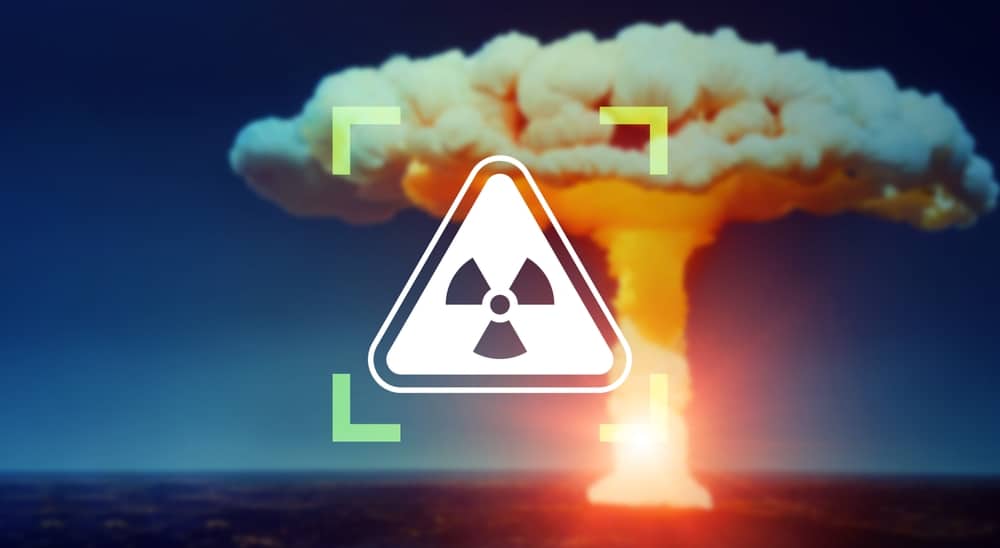Concerns over a Chinese invasion of Taiwan continue to mount with Beijing now suspected of involvement in damaging some of the island nation’s undersea internet cables this week in another show of deliberate harassment.
According to Fox News, The disruption to Taiwan’s internet was not only a nuisance for the island’s inhabitants and visitors, it also revealed significant implications for Taiwan’s national security.
There is no definitive evidence that China purposefully cut the internet lines, but the incident brought renewed attention to what an attack on Taiwan might look like and whether the U.S. would be able to adequately stop it.
U.S. war games involving a Chinese takeover of Taiwan generally involve a large-scale amphibious attack that would attempt to quickly and efficiently take the island and its international allies by surprise.
President Biden has said he will send troops to counter a Chinese land invasion, which would likely prompt responses from other regional U.S. allies and could make this form of assault costly and deadly for all parties involved.
But it has also prompted questions over whether the U.S. is capable of engaging with China in a traditional kinetic attack like the ongoing war in Ukraine.
“China does have a military advantage,” retired Gen. Jack Keane, a Fox News senior strategic analyst, said. “They have more ships, more airplanes, more offensive and defensive missiles than the United States has.”
A war game conducted by the Center for Strategic and International Studies (CSIS) earlier this year simulated what would happen following an amphibious attack on Taiwan by the People’s Republic of China, and it revealed that the U.S. likely would run out of long-range precision-guided missiles within a week.
“The only advantage militarily that we have are our nuclear submarines,” Keane said, pointing out that even with that advantage, the U.S. still needed more of these specialized subs.
But, Keane argued this form of warfare was unlikely to be how China actually would carry out an assault, which Chinese President Xi Jinping is said to have slated for 2027, according to U.S. defense officials.
“A more likely scenario would be a quarantine or a blockade of Taiwan where China would attempt to control the airspace, as well as the sea lanes, and gain control of it without firing a shot,” the retired four-star general said.
China regularly has harassed and intimidated Taiwan by sending warplanes and naval ships off the island, which one commander of the U.S. Pacific Air Forces said this week will play a key role in stopping China if it were to launch a kinetic attack against Taiwan.

















